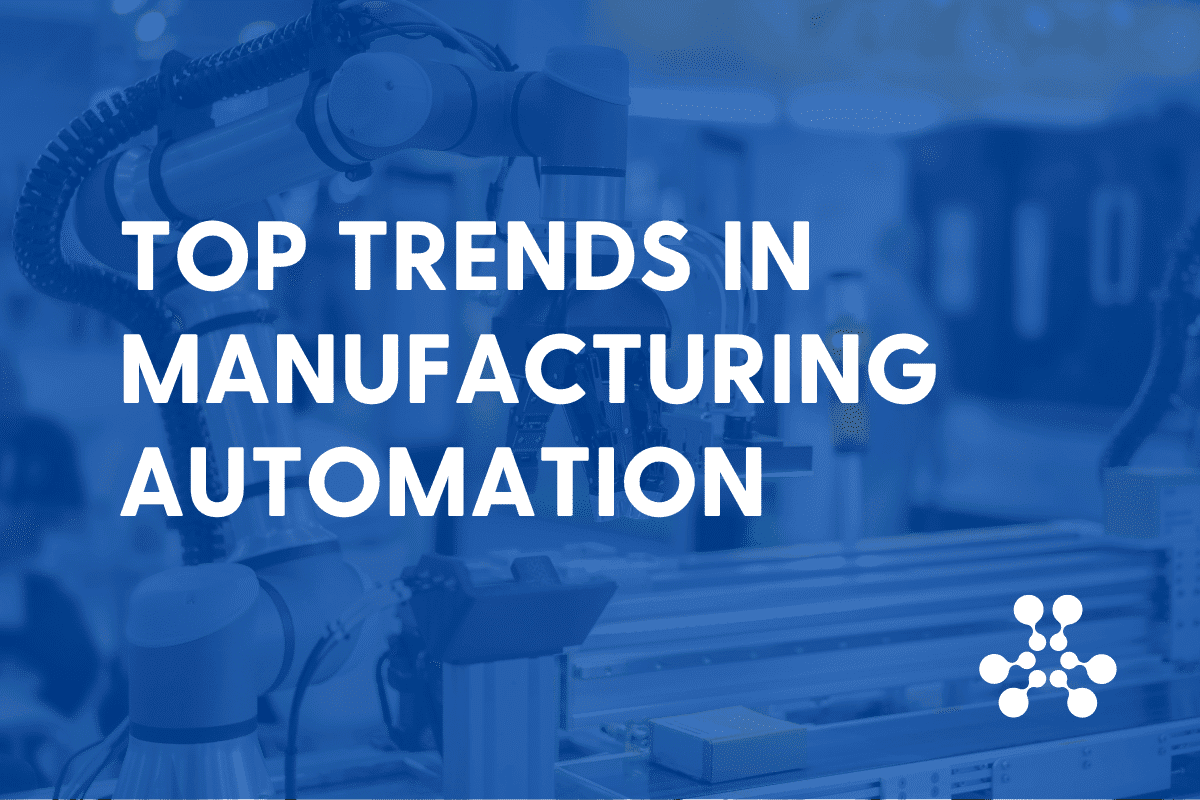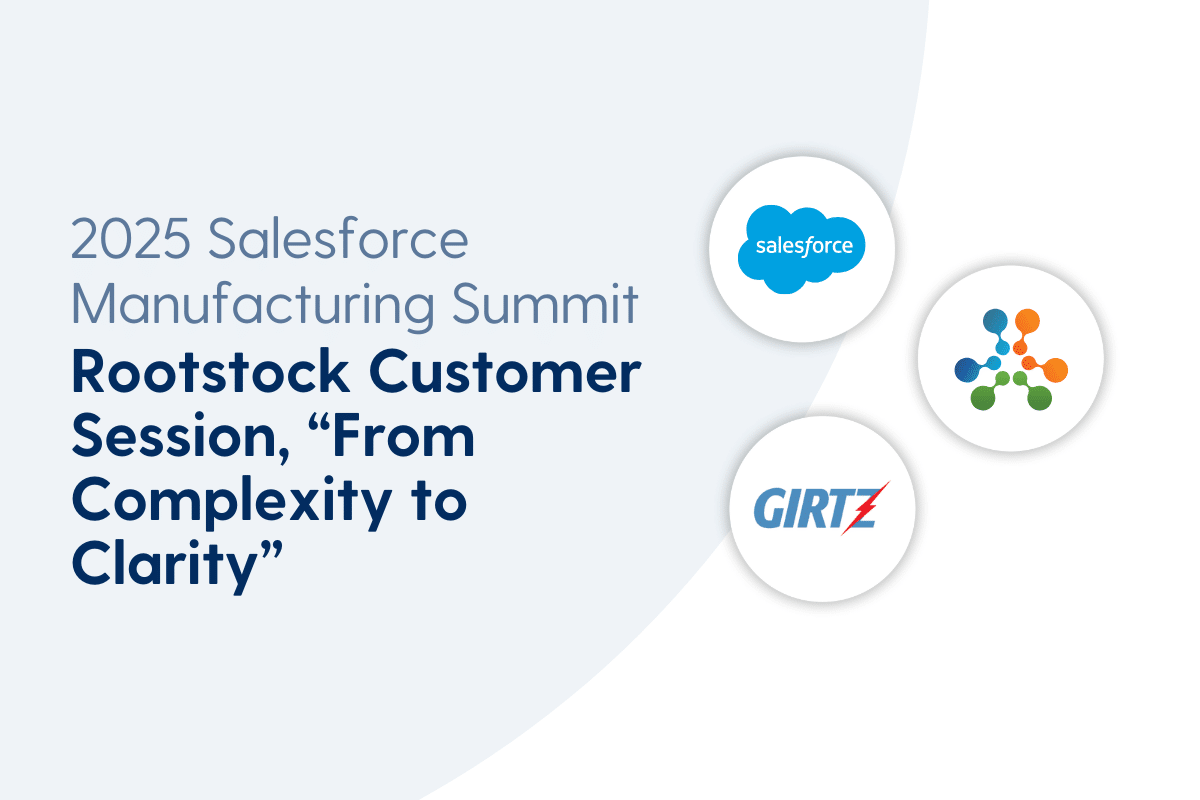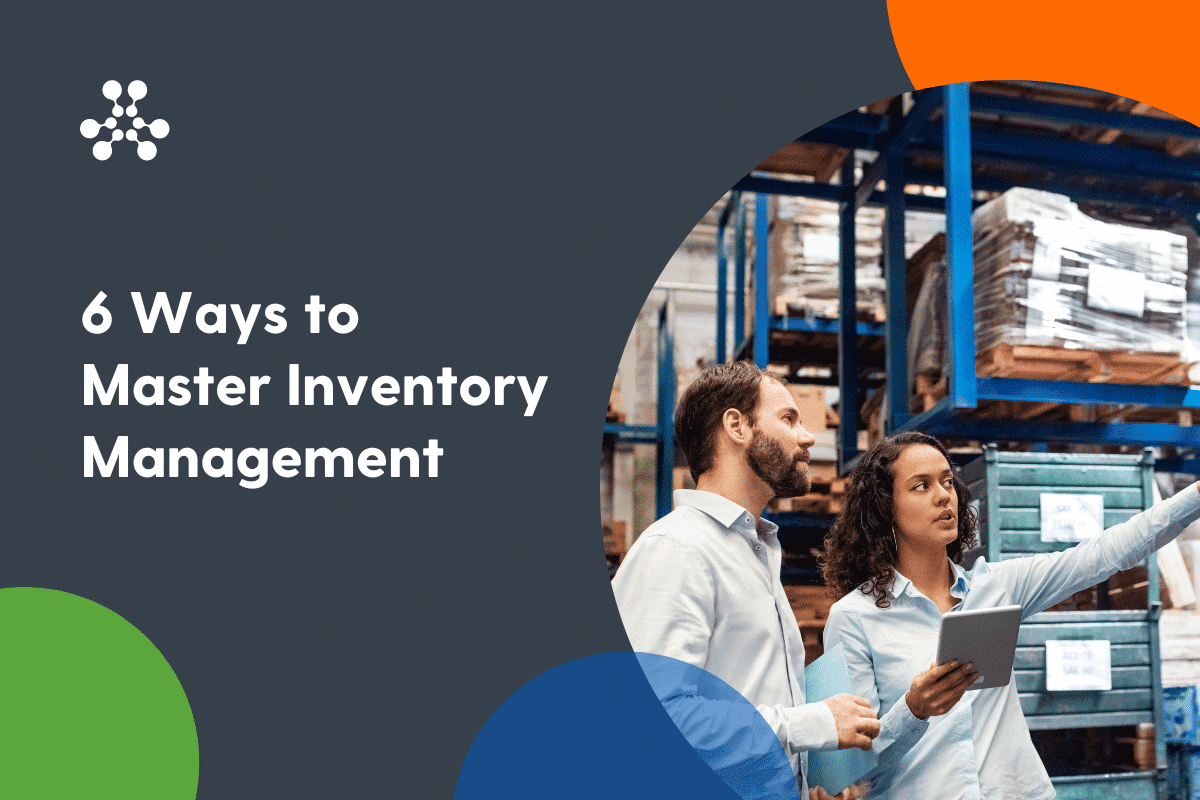What Millenials Want
“Your groceries delivered in just one hour!” read the huge banner covering the front of my local Ralph’s, signaling it is now game on for most grocery stores. Brick and mortar are now firmly in the fight to save profits from falling sway to Amazon. The sign was targeted to the millennial shopper more likely to go online with their mobile. The actual online site proved easy to navigate, create an account, sign in and scroll through items. Best of all was the tailored millennial-sounding pitch to view personalized suggestions and have delivery to your door in one hour.
Millennials, the largest, most diverse generation in the US, have two things in common: firsthand experience of the 2008 financial crisis, and a built-in ease with smart phone technology. They continue to grow in size and influence, especially as younger immigrants move into their ranks. Experts now define them as actually two groups: old millennials and young millennials. Old millennials, were born in 1988 or earlier (ages 29 – 36) and young millennials, were born around 1989 or later (ages 18- 28.) However, both groups are, from a marketing and manufacturing perspective, about the same. Smartphones define this digital savvy generation who seem to be changing all the rules when it comes to tech and social media.
For millennials, making purchases using cell phones is natural. They enjoy the process of hunting out information, and buying products and services on their mobiles. Helping to hasten the meltdown of brick and mortar, millennials are the clear reason for Amazon’s recent acquisition of Whole Foods for an eye-popping $13.7 billion. This move shows the potential strength of the e-commerce giant’s widening footprint across all aspects of the Supply Chain, causing fear in the retail grocery industry, especially with competitors like Target, and Wal-Mart.
Millennials are changing the way we think about personalized marketing too; Amazon is a prime example of success in this area. Personalization is the net to catch millennials, and is defined the act of leveraging data and personal information to deliver individualized messages or products customers. As a marketing tool, personalization is not new; it’s been a driving force in marketing and promotion for years. Amazon is the master builder of personalization and recent stats show it is the #1 App on the mobile phones of millennials- 35% have it, and use it more than the Snapchat, Instagram or Facebook apps.
Amazon’s fast growing economic influence and supply chain brilliance is considered the standard bearer of a customer-centric game strategy and they know how to give millennials (and the rest of us) an ease of finding and purchasing items, with quick, trackable doorstep delivery. Amazon’s recent acquisition of Whole Foods shows vertical integration at its best. Acquiring companies at different stages of production and distribution, Amazon has licensed 20 Boeing 767 air cargo jets, acquired wholesale shipping licenses, made forays into major trucking operations, and has begun buying up empty brick and mortar stores. Amazon is causing the competition deep concern as all watch the success of their smart vertically integrated retail supply chain play out.
For manufacturers, the story will be different. Personalization is defined as the ability to suggest content to a manufacturing format that seeks to make a product relevant to the individual user, based on the user’s desires, behavior, and/or preferences. Manufacturers are now challenged to personalize, customize and make to order the kind of products millennial customers want. Personalization is important to millennials since they prize and value “self” over the organization/corporation. When it comes to personalization of products, those big brands and corporate names fade in importance to a millennial’s desire for a more tailored product to fit their ‘work/life’ balance needs.
Manufacturers need to pay careful attention to how to manufacture and market to millennials. Meeting their desire for a more personalized customer experience needs to become a manufacturer’s corporate strategy. Manufacturers must continuously meet and manage harsher realities of supply and demand. Not being able to meet orders can impact the entire manufacturing supply chain. When it comes to manufacturing enterprises, efficiency is vital for the supply chain and missing materials can cause the shutdown of a major plant due to a sudden increase in customer demand. Any disruption in manufacturing will keep the shop floor from keeping up with the demand, and ultimately mean not being able to deliver the kind of customer experience millennials demand.
So adopting the right technology is now vital to allow for the ability to personalize a product or service and this will help manufacturers to differentiate, win and retain customers. As the manufacturing industry undergoes radical technological transformation, this will help them gain millennials both as customers and employees. When it comes to ERP and MRP (Enterprise resource planning) and (material requirement planning) manufacturers need to consider these as two complementary systems to update their enterprise. ERP is the manufacturing backbone that supports the enterprise and includes MRP.
How Manufacturers Can Deliver Personalization to Millenials
Personalization Meets Millennial Customer Expectations
As stated, personalization is an effective method for drawing in and retaining millennials as customers. For manufacturers, rethinking the shop floor to allow for more personalization should be a top technological priority. When it comes to products, millennials rely on their mobiles to do the full process from product research, to pricing, to shopping and buying and to delivery. Their mobiles are used for the full journey, so it is important to get them to click the buy button in the mobile transaction. Manufacturers who make a product at the right price, with a personalized function, that will satisfy delivery from mobile apps, will win over the millennial buyer.
And when dissatisfied, the millennial customer is not likely to call the manufacturer’s customer rep line but is quick to tweet out a complaint or concern. The product must not only appeal to them, it needs to also ‘work’ for them. A smart marketing move for manufacturers is to create an online ‘community’ where millennials can connect and give advice. Because millennials prefer to hunt down answers and information themselves, customer service reps have more time for other more complicated queries.
Embrace the Tech Arms Race to Reach Millennials
Manufacturers are seeing how the deep learning in AI (Artificial Intelligence) and IoT (the Internet of Things) can uncover and alert quality failures in their plant operations so that corrective action can be taken. In past blogs, we have discussed how AI and IoT technology are now widely used in almost every large scale global manufacturing operation, and allow for more efficiency by transforming operations. When manufacturers infuse IoT to solve problems or challenges in the manufacturing process, they are taking direct steps towards product personalization. Because the shop floor can auto correct many functions without human intervention while IoT sensors collect, communicate, analyze, and even act on information, this leaves the new knowledge worker more empowered to take on creative or professional level tasks in the customization process. The more manufacturing embraces this new technology, the more profitable personalization can become on the manufacturing shop floor and in the supply chain.
Price Competition Can Reflect Personalization
Despite a love of brands among more upscale millennials, as a mass market, they are more sensitive to price –and recent surveys show they place a high value on the product’s price point, so cost matters. Millennials aren’t as concerned about where they get their products or how well the product is made. If the price of the product is in line with what they want, and it has that feeling of personalized value, with the caveat of fast, on-time delivery, this will override most issues of quality and brand recognition.
When a product takes less time to produce, it’s obviously cheaper to make, even when it fails. However, should it succeed, the profit margin is even wider. One result of cost-effective production is that manufacturers can more quickly and cheaply produce prototypes without worrying so much about the costly engineering to manufacturing stage. Personalization in the manufacturing process must offer sustainable profit margins and less time to produce. Wider profit margins mean better pricing. As demand grows, manufacturers can use the new technology to increase production by allocating resources to develop similar products and managing pricing competition.
Attract New Knowledge Workers and Collaborative Suppliers
Millennials want a hand in the finished product as consumers. This can’t be understated. Personalization works for millennials because they want a voice, and a say in the production of the product itself. By focusing on and addressing personalization and customization, manufacturers will grab this millennial customer as both consumer and employee. By actually allowing them to be a part of the cycle of the product’s conception and manufacturing through a voice in its personalization, the manufacturer will win a second time by attracting the millennial worker to the enterprise itself.
Personalization demands smart manufacturing. It brings IoT to its hardware (machines) so that these deep learning advancements in algorithms, sensors, data streams can now transform the shop floor. Millennials are comfortable in this space; they embrace the technology of the cloud. For manufacturers, IoT technology is becoming part of the production value chain, and this important tech trend makes it easier to track, monitor and manage assets, but most important, it is attractive to the future millennial worker.
Manufacturers under pressure to attract this next generation of workers still need to replace the current generation of workers who are retiring at a rapid pace. An estimated 3.5 million jobs will need to be fulfilled by 2025, according to a report by Deloitte. As traditional workers retire and new digital-driven millennials enter the workforce, this change is driving conversations with cloud ERP solution providers. Retooling technology at the manufacturing enterprise means less of a struggle to replace these retirees by attracting millennials as these new knowledge workers and collaborative suppliers.
Millennials are clearly the prime hiring target and yet, many organizations are having difficulty recruiting and retaining them. This unfortunate situation is going to be one of biggest challenges for old-school businesses with tons of legacy software and unwieldy infrastructure. Legacy systems are an issue for millennials since the systems are annoying, outmoded and a frustration to the new collaborative style of work that younger knowledge workers prefer. 2025 is just around the corner. Companies should not be waiting around to transform their operations; recent developments with Amazon provide a clear signpost of the road ahead.






